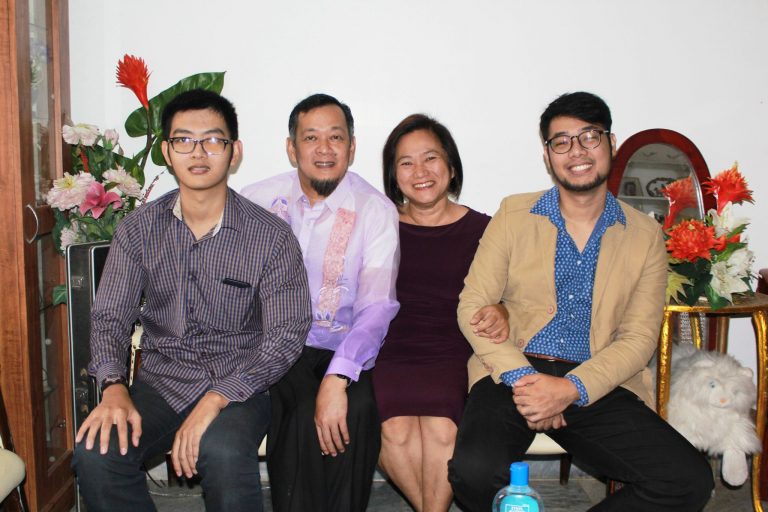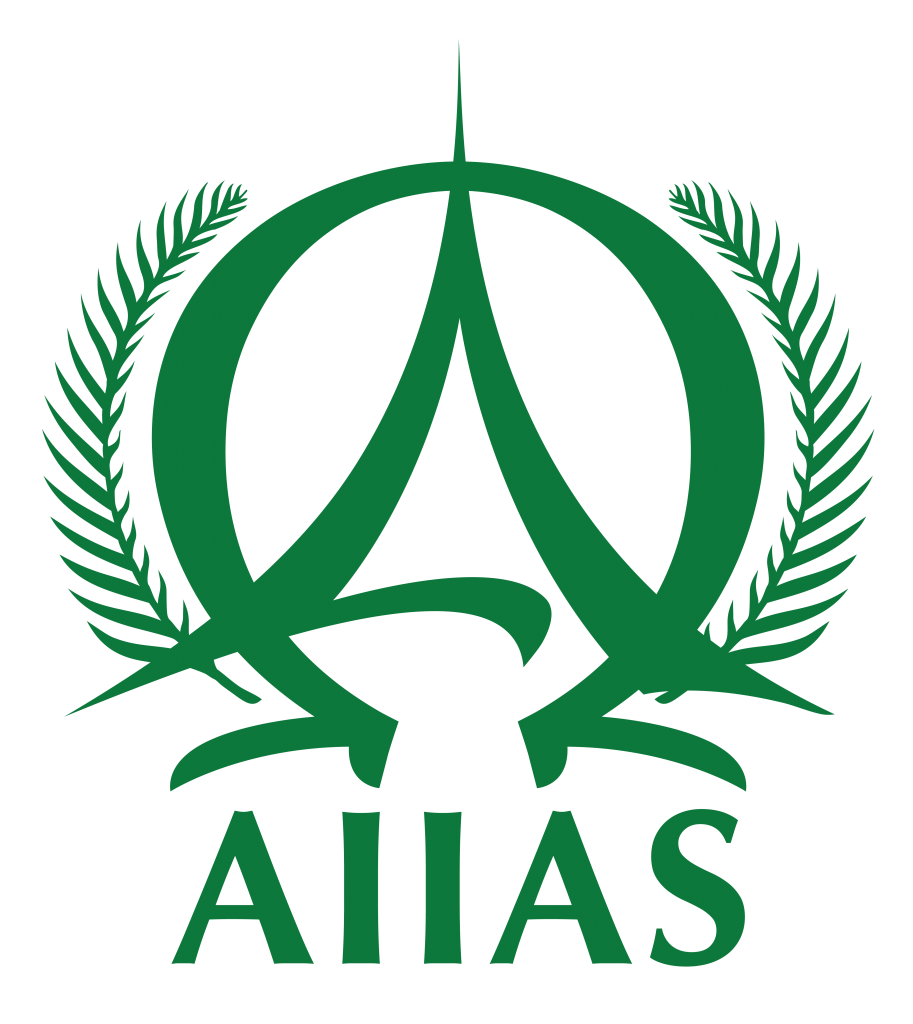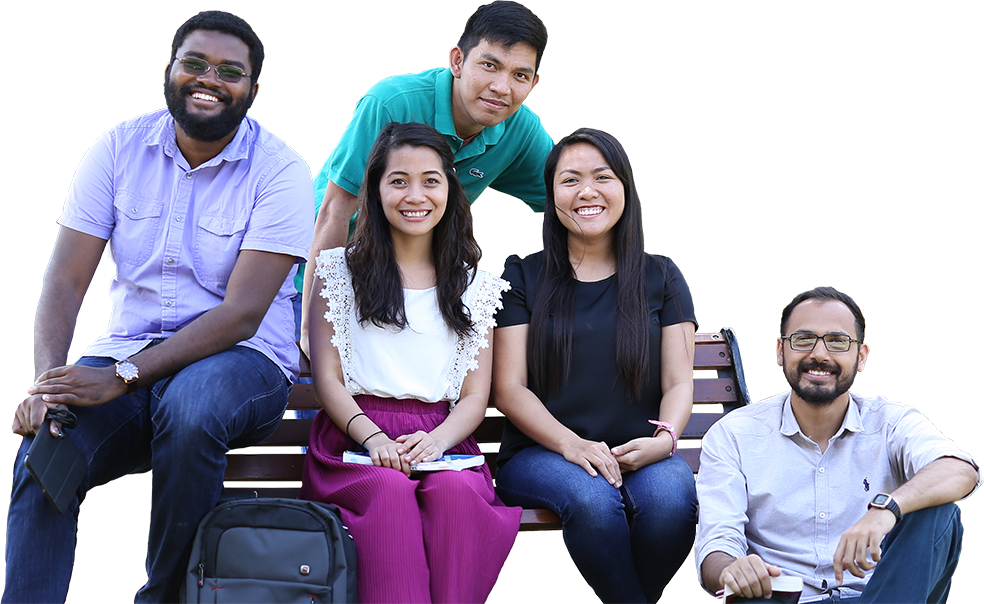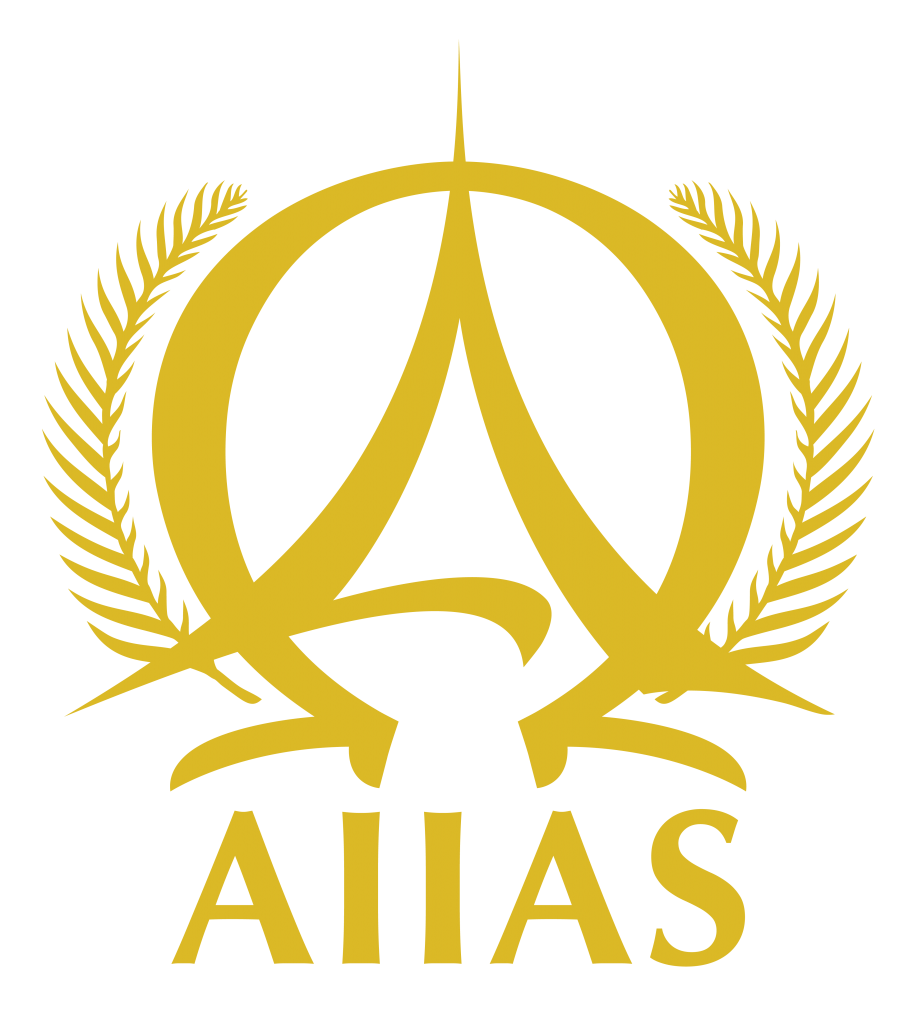Missions program director and AIIAS Seminary faculty, Dr. Abner Dizon, accepted a call in January 2021 to the Southern Asia-Pacific Division (SSD). He began his service at that time as director for Interfaith Services for Muslim & Secular-Postmodern Ministries, while still continuing to wrap up some of his work with students at AIIAS.
Dizon joined the Seminary at AIIAS in 2015. His role at AIIAS included service as assistant professor and program director of the Master of Arts in Ministry (MAMin) program and distance learning center coordinator until 2020. In 2020 he became an associate professor and the program director for the Doctor of Missiology (DMiss) program.
Dizon’s service began in the Philippine Frontier Missions (PFM), a non-profit missionary organization that works to plant Adventist churches among unreached people groups of the Philippines. He served long-term as the executive director of PFM from 1993 to 2005. Before coming to AIIAS, he was the organization’s research and training director from 2006-2014. His wife, Ermela “Maila” Dizon, also served at AIIAS as the seminary administrative secretary from 2017-2018 and as an adjunct online professor in an ongoing role. She is currently finishing her Doctor of Intercultural Studies degree program at Andrews University.
Dizon recalls that his achievements at AIIAS began when he, Dr. Pavel Zubkov, and Dr. James Park conducted a Doctor of Ministry (DMin) Project Bootcamp to help the DMin cohorts fast-track their writing. Later, he led in the development and signing of the three SSD cohorts for the MAMin-Intercultural Studies program, two of which were launched in 2020. Taking up duties as DMiss program director, Dizon launched the 2020 DMiss cohort. He also ensured that all pending program requirements over the years were met before the school year ended. In addition, he initiated the rearrangement and preparation of the DMiss program to be delivered in fully online modality, an ongoing process. During his time at AIIAS, he assisted DMiss students in achieving regular registration status and guided doctoral students who are now professors in their respective countries.
Dizon remarks that accepting this call at the division was an opportunity he couldn’t pass up. It allows him to become more connected to fieldwork, where he can practice the missiological theories he has been teaching, experiment with new approaches on the ground, and evaluate their effectiveness. In addition, this opportunity comes with the hope that, by the time he returns someday to full-time teaching, he will become even more knowledgeable in what does and doesn’t work in Adventist mission.
Dizon’s advice as he reflects on his time at AIIAS? “Avoid being toxic in relating to one another. Even though we are taught to be critical in the academic setting, let not a criticizing attitude be our prevailing temperament. Let’s be critical thinkers carrying an appreciative approach to those around us, whether they are our colleagues, students, teachers, or workers. In the end, AIIAS is not about how excellent your academic achievements are, but how much Christlike we are or are becoming.”
Dean of the AIIAS Seminary, Dr. Ricardo Gonzalez appreciates Dizon for his service, “I want to thank Dr. Abner Dizon for his commitment and unconditional support to the AIIAS Seminary during his years of service among us. It has been a pleasure to work alongside him in pursuing the success of our Seminary’s mission. I appreciate very much his friendship and the fact that even though at the end of 2020 he accepted a new responsibility and work, he continued faithfully to perform his duties at AIIAS until the necessary transition was completed. We pray that God may use and bless him in his new role at the Southern Asia Pacific Division.”
“Abner is a rare case of a model educator who is hard-working in teaching and writing but never fails to educate himself to be on top of the new methods, especially online teaching,” remarks colleague Pavel Zubkov, assistant professor of applied theology at the AIIAS Seminary. “It is indeed easy to take over his position as a DMiss & MA-Min/ICS program director since he has done much to plan and develop those programs in advance. Besides, he did not leave AIIAS for good; he’s always available for advice despite his new responsibility at the SSD. From my perspective, I see Abner’s transition as an opportunity for the seminary to combine academic, research, and practical efforts to advance God’s mission in Southeast Asia,” continues Zubkov.
“I have appreciated Dr. Dizon’s clear dedication to the training needs of SSD field workers, as well as his promotion of AIIAS’ programs in missions,” says AIIAS President Ginger Ketting-Weller. “His energy and creativity for trying new approaches is inspiring, and his commitment to the hand-in-hand work of academe with on-the-ground applications is spot-on. If missiological study doesn’t result in the creation of knowledge that is tested and actually works when applied, it is not truthful.”
Dizon continues to serve as an adjunct professor of Mission and Islamic Studies at the AIIAS Seminary. The SSD has allowed him to continue teaching two courses a year at AIIAS as he and his family continue to live on the AIIAS campus.
— Sharnie Love Zamora, AIIAS Assistant for Institutional Writing



